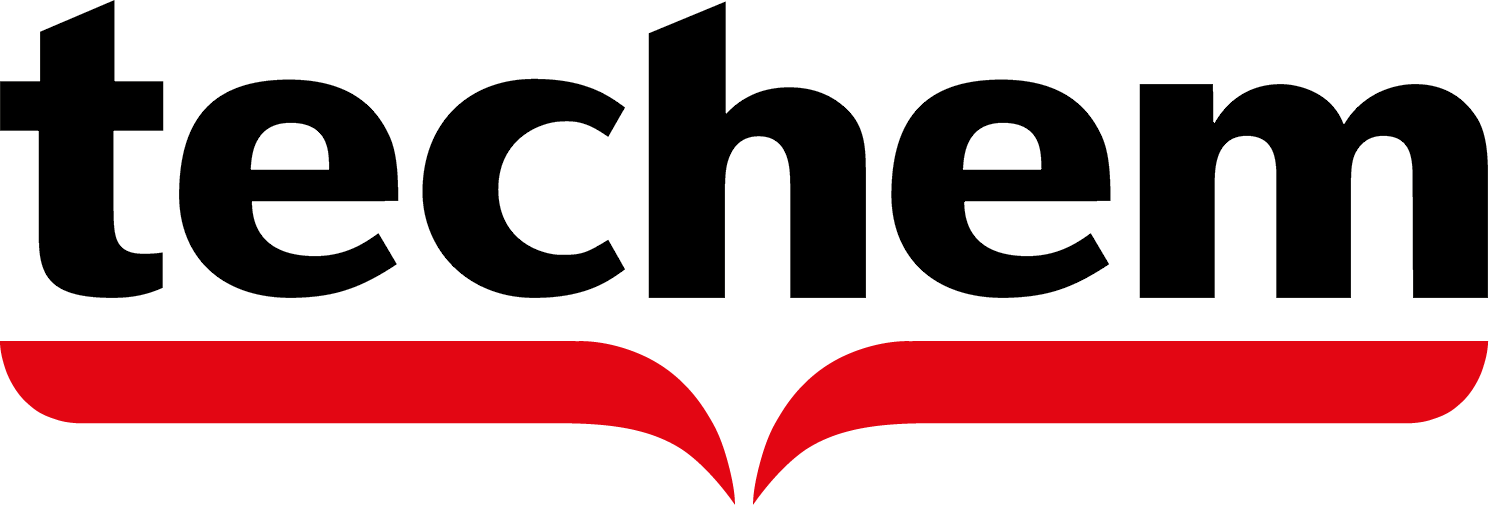Press Releases - 16.03.2023
“We need a digitalization offensive in the building sector” – Techem CEO Matthias Hartmann on the missed climate targets of the building sector
With 112 million tons of CO₂-equivalents, the buildings sector misses the 2022 climate target by 4.6 million tons
Emissions reductions of minus 5.3 percent compared to the previous year are not enough
Digitalization offensive in the building sector a basic prerequisite for a CO₂-neutral, sustainable real estate sector
Eschborn, March 16, 2023 – For the third year in succession, the Federal Environment Agency has found that the permissible annual emission levels in the building sector have been exceeded. Although emissions fell by just under 6 million tons of CO₂ equivalents, this means that the climate targets will be missed once again. Higher energy prices and a mild winter led to energy savings last year – particularly from natural gas. On the other hand, sales of light heating oil rose by around 9 percent. The decline in natural gas consumption for heating and the immediate political program with climate protection measures for the building sector will therefore not be sufficient to meet the permitted emission levels in 2022. Overall, however, Germany has succeeded in reducing its emissions by 40.4 percent since 1990 and in meeting the targets of the German Climate Protection Act (KSG) in 2022.
Matthias Hartmann, CEO of Techem, sees an acute need for action and calls for a digitalization offensive in the building sector:
“Climate change and meeting the 1.5-degree target remain the key challenges of our time in times of overlapping crises. Year after year, climate change is brought home to us once again. We still have a long way to go before we reach our climate targets. Especially in the building sector. With 112 million tons of CO₂-equivalents, the building sector has once again fallen well short of the climate target for 2022. However, the path to climate neutrality inevitably involves decarbonizing the building sector. It is therefore essential to focus even more strongly on the building sector in the future and to pick up the pace significantly here.
The real estate sector as an active player in the energy transition
It is important that we now clearly ask ourselves within the industry what the individual realignment must look like in order to achieve climate neutrality. Companies have long since ceased to be passive players in the climate debate and are now active players in the energy transition. For example, by anchoring ESG criteria and measures in their corporate activities or aligning their company purpose to achieving CO₂-neutrality and becoming active themselves – without waiting for regulations from the legislator.
In any case, highly automated building operation in which energy flows are optimally controlled and regenerative generation is intelligently coordinated is essential for a sustainable, climate-neutral real estate sector. In order to be able to implement the low-investment, smart solutions required for this across the board as quickly as possible and exploit the current savings potential, we need a comprehensive digitalization offensive in the building sector more urgently than ever that also takes the use of artificial intelligence (AI) into account. For example, digital solutions for measuring energy flows in real estate and controlling systems can be used to optimally adjust heating systems, generate synergies in entire neighborhoods and ensure that the energy required is used as efficiently as possible. Optimized systems technology alone can thus save ten to 15 percent CO₂ in a building.
Use building data, leverage savings potentials
The Act to Restart the Digitalization of the Energy Transition (GNDEW), with which the German government has not only given the energy transition an update, but a real reboot, is one step in the right direction. Among other things, it makes a key contribution to accelerating and reducing the red tape involved in the smart meter rollout. This is a cornerstone for efficient processes, greater transparency in terms of consumption, costs and emissions, and thus for the success of the energy transition.
Now we have to keep at it! For example, by making digital building data more accessible as part of an open data economy so that we can use it to derive measures for greater energy efficiency and climate protection in order to leverage even greater savings potential in the long term. After all, one thing is certain: without rapid digitalization, there can be no energy turnaround in buildings.”
Techem CEO Matthias Hartmann calls for a digitalization offensive in the building sector, after the sector missed its climate targets again in 2022. (Image: Techem)
Matthias Hartmann, CEO of Techem
About Techem
Techem is a leading service provider for smart and sustainable buildings. The company's services cover energy management and resource conservation, residential health and process efficiency in real estate. Founded in 1952, the company is now active in 18 countries with around 4,300 employees and services more than 13 million homes. Techem offers efficiency improvements along the entire value chain of heat and water in real estate. As the market leader in remote radio detection of energy consumption in homes, Techem continues to drive networking and digital processes in real estate. Modern radio smoke detectors with remote inspection and services related to improving drinking water quality in properties complement the solution portfolio for the housing industry. For more information, visit www.techem.com/corp/en.
